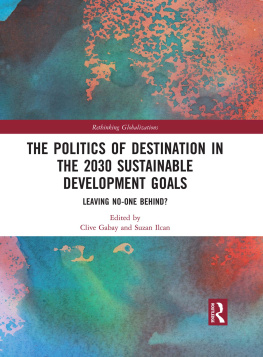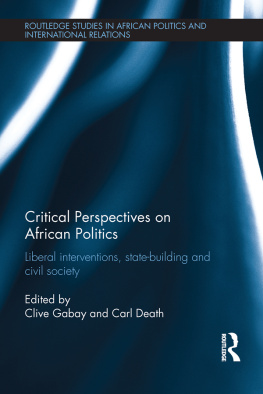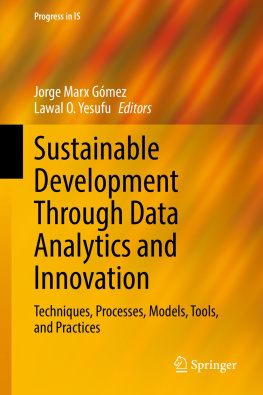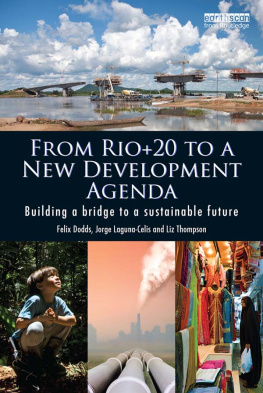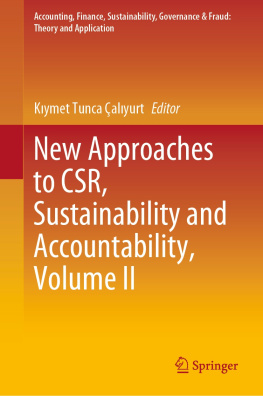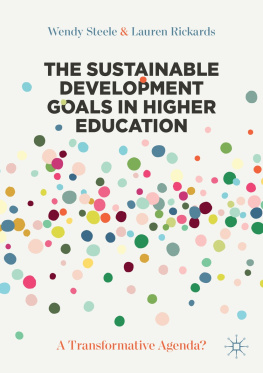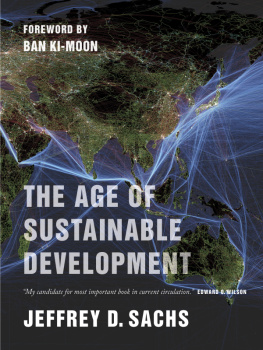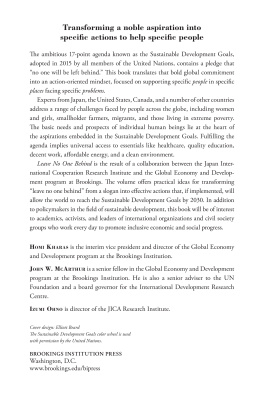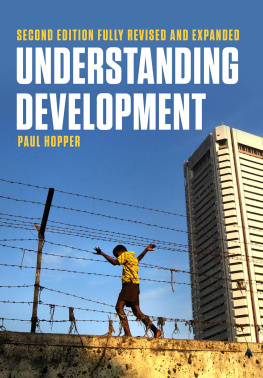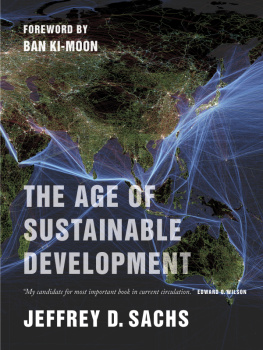The Politics of Destination in the 2030 Sustainable Development Goals
This book represents an unusual intervention in debates about the nature of contemporary international development, where the majority of scholarship tends to concern itself with measuring or collating goal performance. Through a series of analyses of the United Nations Sustainable Development Goals, this book explores development as a political construct, and is concerned with the kinds of epistemological, hegemonic, or politico-economic assumptions built into contemporary development policy, and the ensuing effectiveness the SDGs will have in terms of addressing or perpetuating the historical impoverishment of large groups of people living in poverty. The contributors to the book take issue with many of the assumptions upon which SDGs rest, while also broadening the conversation to pay attention to knowledge production, modernity, colonialism, exclusion, citizenship, and other conceptual insights. In this context, the book raises questions about the discourses and practices of the SDGs, especially in relation to how they can: define the limits of what can be said and what can be done; shape development logics through notions of division and forms of exclusion; construct political problems as technical problems; create certain spaces of imagination as a field of activity; and endorse particular ideas and forms of knowledge in models for sustainable development.
This book was originally published as a special issue of Globalizations.
Clive Gabay is a Senior Lecturer in International Politics at Queen Mary University of London, UK. He works on issues related to development, colonialism, race, and anarchism.
Suzan Ilcan is Professor of Sociology at the University of Waterloo, Canada. She conducts research on development and humanitarian aid, migration and refugee studies, and citizenship and social justice.
Rethinking Globalizations
Edited by Barry K. Gills, University of Helsinki, Finland and
Kevin Gray, University of Sussex, UK.
This series is designed to break new ground in the literature on globalization and its academic and popular understanding. Rather than perpetuating or simply reacting to the economic understanding of globalization, this series seeks to capture the term and broaden its meaning to encompass a wide range of issues and disciplines and convey a sense of alternative possibilities for the future.
For more information about this series, please visit:
https://www.routledge.com/Rethinking-Globalizations/book-series/RG
The Redesign of the Global Financial Architecture
The Return of State Authority
Stuart P. M. Mackintosh
Markets and Development
Civil Society, Citizens and the Politics of Neoliberalism
Edited by Toby Carroll and Darryl S.L. Jarvis
Occupying Subjectivity
Being and Becoming Radical in the 21st Century
Edited by Chris Rossdale
Localization in Development Aid
How Global Institutions enter Local Lifeworlds
Edited by Thorsten Bonacker, Judith von Heusinger and Kerstin Zimmer
The New Global Politics
Global Social Movements in the Twenty-First Century
Edited by Harry E. Vanden, Peter N. Funke and Gary Prevos
The Politics of Food Sovereignty
Concept, Practice and Social Movements
Edited by Annie Shattuck, Christina Schiavoni and Zoe VanGelder
Time and Globalization
An interdisciplinary dialogue
Edited by Paul Huebener, Susie OBrien, Tony Porter, Liam Stockdale and Rachel Yanqiu Zhou
From International Relations to World Civilizations
The Contributions of Robert W. Cox
Edited by Shannon Brincat
Chinese Labour in the Global Economy
Capitalist Exploitation and Strategies of Resistance
Edited by Andreas Bieler and Chun-Yi Lee
Brexit and the Political Economy of Fragmentation
Things Fall Apart
Edited by Jamie Morgan and Heikki Patomki
Disintegrative Tendencies in Global Political Economy
Exits and Conflict
Heikki Patomki
Environmental Security in Transnational Contexts
What Relevance for Regional Human Security Regimes?
Edited by Harlan Koff and Carmen Maganda
The Role of Religion in Struggles for Global Justice
Faith in Justice
Edited by Peter J. Smith, Katharina Glaab, Claudia Baumgart-Ochse and Elizabeth Smythe
Vivir Bien as an Alternative to Neoliberal Globalization
Can Indigenous Terminologies Decolonize the State?
Eija Ranta
Feminist Global Political Economies of the Everyday
Edited by Juanita Elias and Adrienne Roberts
The Politics of Destination in the 2030 Sustainable Development Goals
Leaving No-one Behind?
Edited by Clive Gabay and Suzan Ilcan
The Politics of Destination in the 2030 Sustainable Development Goals
Leaving No-one Behind?
Edited by
Clive Gabay and Suzan Ilcan
First published 2019
by Routledge
2 Park Square, Milton Park, Abingdon, Oxon, OX14 4RN, UK
and by Routledge
711 Third Avenue, New York, NY 10017, USA
Routledge is an imprint of the Taylor & Francis Group, an informa business
Foreword, Introduction, Chapters 16 & 8 2019 Taylor & Francis
Chapter 7 2017 Robert Fletcher and Crelis Rammelt. Originally published as Open Access
All rights reserved. With the exception of Chapter 7, no part of this book may be reprinted or reproduced or utilised in any form or by any electronic, mechanical, or other means, now known or hereafter invented, including photocopying and recording, or in any information storage or retrieval system, without permission in writing from the publishers. For details on the rights for Chapter 7, please see the chapters Open Access footnote.
Trademark notice: Product or corporate names may be trademarks or registered trademarks, and are used only for identification and explanation without intent to infringe.
British Library Cataloguing in Publication Data
A catalogue record for this book is available from the British Library
ISBN 13: 9781138591134
Typeset in Times New Roman
by RefineCatch Limited, Bungay, Suffolk
Publishers Note
The publisher accepts responsibility for any inconsistencies that may have arisen during the conversion of this book from journal articles to book chapters, namely the possible inclusion of journal terminology.
Disclaimer
Every effort has been made to contact copyright holders for their permission to reprint material in this book. The publishers would be grateful to hear from any copyright holder who is not here acknowledged and will undertake to rectify any errors or omissions in future editions of this book.
Contents

